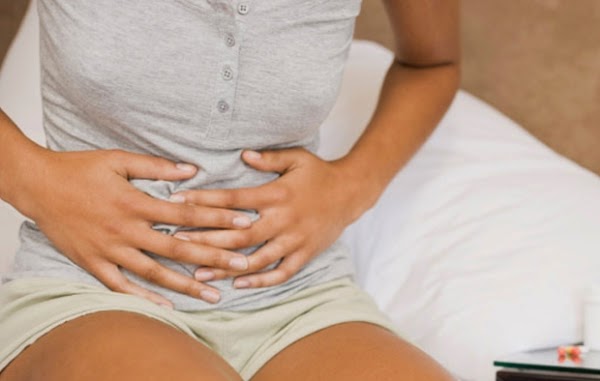The presence of blood in the stool is an abnormal symptom to take into consideration. The cause is often benign, varies the color of bleeding. However, it is highly recommended to consult a doctor as soon as the first bleeding.
Black blood
Bleeding color allows to perform an initial diagnosis when bleeding are black, known as melena. The color results from a partial digestion of blood. The presence of this thick liquid in the stool is due to a hemorrhage of the upper part of the digestive tract.
Red blood
It also allows a diagnosis when bleeding are red, one speaks of hematochezia. Their presence in stool is a sign of bleeding from the lower part of the digestive tract (colon, rectum, anus).
Bleeding shadows
Note: bleeding can also be invisible, so-called "hidden", as in the case of colorectal cancer. Their discovery is then made during bioassays and requires further investigations.
Causes
Lower GI bleeding
The presence of blood in the stool can be explained in several ways. Among the most frequent causes of lower GI bleeding are hemorrhoids, it is the most common cause (dilation of veins in the anal is manifested by pain and bleeding, which can then find in the stool), annales, just as frequent, cracks that may be the direct consequences of constipation, which is inflammation of the Rectal Mucosa proctitis, in the lower part of the intestine (which can cause bloody stools) and digestive diseases: Crohn's disease, ulcerative colitis, or even ulcerative colitis are examples. In these cases, a long term medical treatment is essential.
High GI bleeding
The main causes of the high GI bleeding melena is peptic ulcers, varicose veins oesophagus and acute gastric erosions, drug generally (aspirin, anti-inflammatory), and gastric tumors...
Treatment
Depending on the progress of the disease, a doctor will recommend using a cream or an ointment of corticosteroids or anti-inflammatory medication. It is generally the case for hemorrhoids and the fissures. Surgery can also be performed in the most extreme cases.
source: http://sante-medecine.commentcamarche.net





